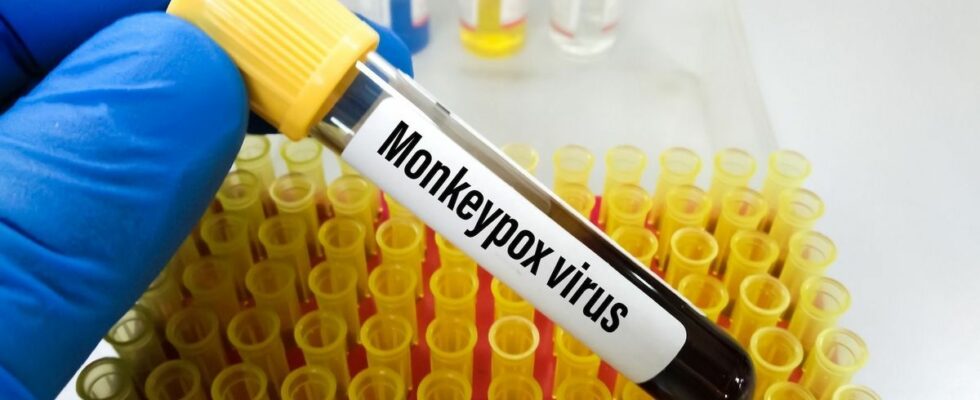Published on
Updated
Reading 2 min.
The World Health Organization (WHO) may soon reclassify monkeypox as an international public health emergency. WHO Director-General Tedros Adhanom Ghebreyesus plans to convene an emergency committee to assess the situation. The decision, announced on August 4, 2024, could mark a turning point in the management of the disease.
Global alert under consideration
As cases of monkeypox increase worldwide, WHO Director-General Tedros Adhanom Ghebreyesus is considering convening an emergency committee to decide whether to reclassify monkeypox, also known as Mpox, as a public health emergency of international concern (PHEIC). This classification is WHO’s highest health alert.
As a deadlier strain of #mpox spreads to multiple African countries, @WHO, @AfricaCDC, local governments and partners are further scaling up the response to interrupt disease transmission. But more funding and support for a comprehensive response are needed.
I am considering…
— Tedros Adhanom Ghebreyesus (@DrTedros) August 4, 2024
The worrying spread of a more deadly strain
On July 11, the WHO warned of the global health threat posed by MPOX. This concern is justified by the outbreak of a new, more deadly strain of the virus in the Democratic Republic of Congo. Since then, Burundi, Côte d’Ivoire, Kenya, Rwanda and Uganda have announced several cases of MPOX. The DRC has reported more than 11,000 cases, including 450 deaths.
Monkeypox, once confined to parts of Africa, has recently seen a resurgence in several countries, including some in Europe and North America. This rapid spread is causing concern among global health authorities.
The consequences of a public health emergency of international concern
The emergency committee, composed of global public health experts, will be tasked with providing recommendations on measures to contain the spread of the virus. Tedros Adhanom Ghebreyesus believes that urgent action is needed to control this outbreak and protect populations at risk.
If WHO declares monkeypox a PHEIC, it would lead to increased mobilization of international resources, enhanced coordination among countries, and increased research efforts to develop treatments and vaccines. Governments would also be encouraged to strengthen their disease surveillance and response systems.
The situation is being closely monitored, and WHO is expected to announce the date of the emergency committee meeting shortly. In the meantime, health authorities continue to monitor the spread of the virus and implement measures to protect public health.
